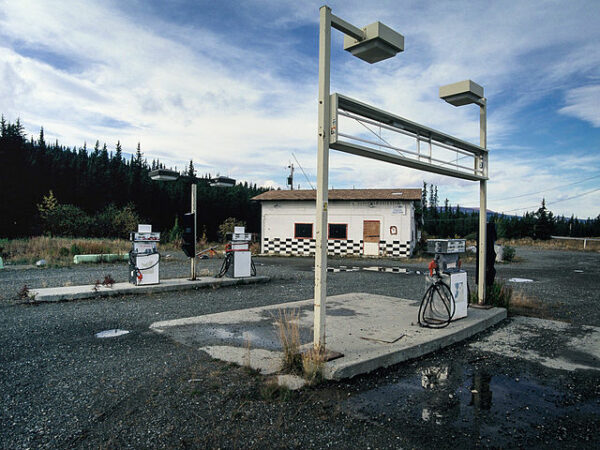In Canada, if you don’t want to have an electric vehicle, you’ll soon have to buy a car elsewhere.
New regulations published by Environment Minister Steven Guilbeault will lead to the end of all sales of gas and diesel vehicles by 2035.
“There’s no mistaking it. We are at a tipping point,” the liberal minister said.
CBC writes:
Automakers will have the next 12 years to phase out combustion engine cars, trucks and SUVs with a requirement to gradually increase the proportion of electric models they offer for sale each year.
The electric-vehicle sales mandate regulations will be published later this week. They are setting up a system in which every automaker will have to show that a minimum percentage of vehicles they offer for sale are fully electric or longer-range plug-in hybrids.
It will start with 20 per cent in 2026 and rise slightly to 23 per cent in 2027. After that, the share of EVs will begin to increase much faster, so that by 2028, 34 per cent of all vehicles sold will need to be electric — 43 per cent by 2029 and 60 per cent by 2030.
That number keeps rising until it hits 100 per cent in 2035.
The transition to all electric vehicles could become a major headache in Canada. A study by the Public Policy Forum explained that the country “must build more electricity generation in the next 25 years than it has over the last century in order to support a net-zero emissions economy by 2050.”
The cost to build those new power plants will cost trillions. Coal or natural gas is still the primary source of electricity in four provinces of Canada – New Brunswick, Nova Scotia, Alberta, and Saskatchewan.
The Financial Post noted that “on average, it takes more than four years just to get a new electricity generating project approved by Ottawa, and more than three years for new transmission lines.”
[Read More: Kellyanne Conway Asks If Biden Will Be Blocked From Ballot]








